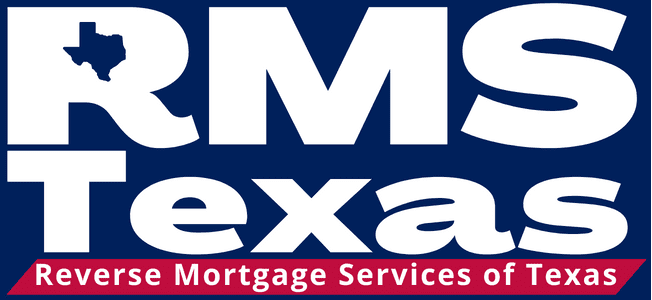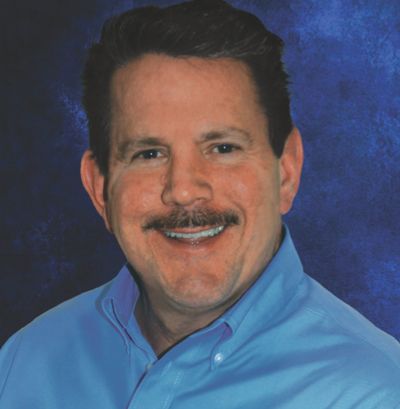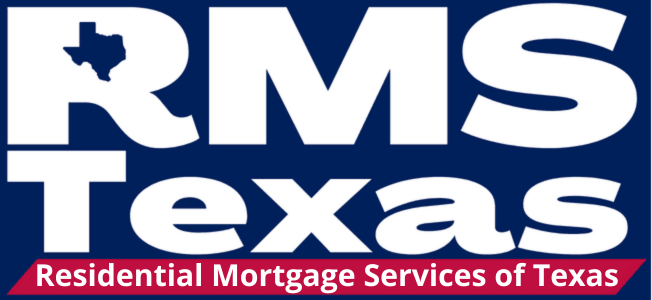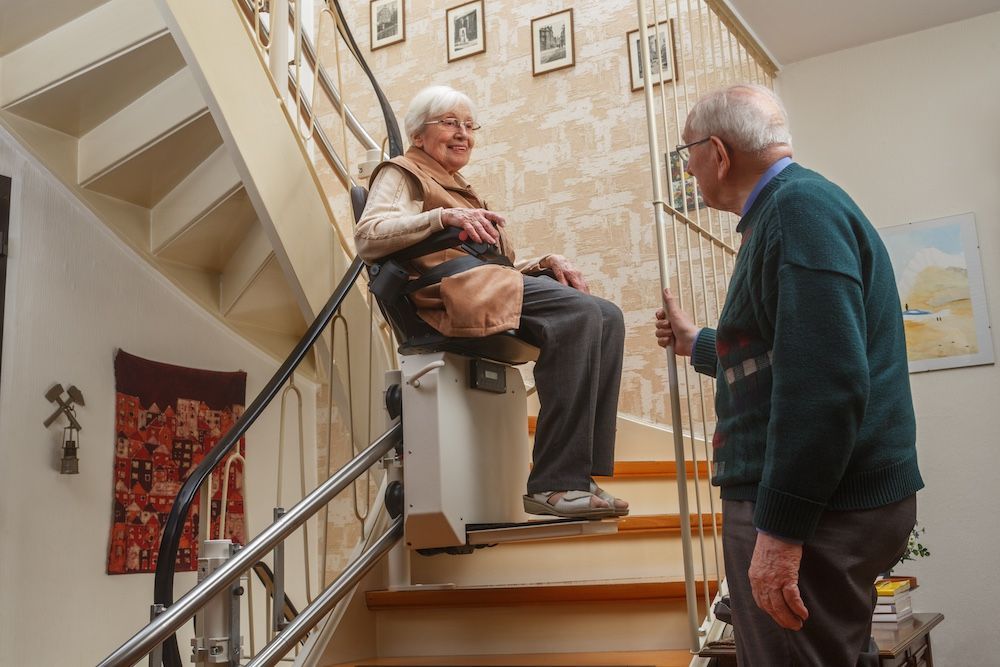
Pros and Cons of Reverse Mortgages: What Seniors Need to Know
Imagine this: you've worked hard your entire life, diligently paying off your mortgage month after month. Now that you're retired, you want to enjoy the fruits of your labor and live a comfortable lifestyle. But as time goes on, it becomes increasingly challenging to meet living expenses or cover unexpected costs with a fixed income. Does this sound familiar?
If so, then perhaps it's time to explore an alternative financial solution – reverse mortgages. In this blog post, we will dive into the pros and cons of reverse mortgages so that you can make an informed decision about whether they are right for you.

Let's start with the good news – the benefits of reverse mortgages:
Financial Flexibility: A reverse mortgage allows seniors aged 62+ to tap into their home equity without having to sell their property or make monthly loan payments. It provides much-needed cash flow that can be used for daily living expenses, healthcare bills, home improvements, or even travel adventures.
Independence and Control: With a reverse mortgage, you retain ownership of your home while accessing its value when needed most. You have the freedom to choose how the funds are spent without any restrictions from lenders.
No Monthly Mortgage Payments: One major advantage is that there are no required monthly payments towards the loan balance as long as you continue to live in your home as your primary residence and meet the other conditions of the loan. This alleviates financial stress during retirement years.
There are multiply payout options, including partial lump sum, monthly payments, line of credit or any combination of these. This gives you the flexibility that fits your lifestyle.
Reverse mortgages are becoming more widely embraced by financial advisors who see the benefit of incorporating them into an overall retirement strategy. It is no longer a desperate move, but one that may benefit you strategically for the rest of your golden years.
It may be tax-free income to supplement your current income. (We recommend you consult a tax professional regarding your situation).
Now let's address some potential drawbacks:
Accruing Interest & Reduced Equity: As attractive as it may seem not making monthly mortgage payments, interest continues accruing on the loan throughout its lifespan. Over time, this could reduce the amount of equity left in your home for inheritance purposes. However, compared to high interest credit cards and personal loans, the interest is quite reasonable and even better than in some cases.
Repayment Upon Leaving Your Home: Reverse mortgages become due once you leave your primary residence permanently (for example if moving into assisted living). This means that the loan will need to be repaid, either through selling the property or using other sources of cash.
Upfront Costs and Fees: While reverse mortgages eliminate monthly payments, they do come with upfront costs such as origination fees, closing costs, and mortgage insurance premiums – just like most traditional mortgages. It's essential to weigh these expenses against your financial goals before proceeding.
Now that you have a better understanding of the pros and cons let's address some frequently asked questions:
Q: Will I still own my home if I take out a reverse mortgage?
A: Absolutely! Ownership remains in your name throughout the lifespan of the loan. You retain full control over your property.
Q: Can I use the funds from a reverse mortgage for anything I want?
A: Yes! The proceeds from a reverse mortgage are yours to spend as you wish – there are no restrictions on how you can use them.
Q: What happens if my home value decreases over time?
A: Reverse mortgages are non-recourse loans, which means you'll never owe more than what your home is worth when it comes time to repay the loan. If your home's value declines below the outstanding balance owed on it, federal insurance will cover this difference.
In conclusion, reverse mortgages offer an appealing solution for seniors seeking financial flexibility during retirement years. However, like any major financial decision, careful consideration is paramount. Weighing both benefits and drawbacks ensures that this option aligns with your long-term goals and aspirations.
At RMS Texas (www.reversemortgageservicesoftexas.com), we understand how important it is for seniors to make informed decisions about their finances. Led by industry expert Robb Hamilton, our team is dedicated to providing transparent guidance tailored specifically for Texas seniors like yourself - individuals who crave independent lifestyles while maintaining their homes' equity advantages.
So why not explore all opportunities available? Take charge of your future today by considering whether a reverse mortgage could be the key to unlocking your financial aspirations in retirement.

Set-Up a Confidential Discussion
If you or your client are unsure about the details of a reverse mortgage, has questions, or wishes to get started, feel free to schedule a time on Robb's calendar.
Robb Hamilton
NMLS# 358150
Broker License #2407110

This material is not provided by, nor was it approved by the Department of Housing & Urban Development (HUD) or by the Federal Housing Administration (FHA). It is not intended to be a substitute for legal, tax or financial advice. Consult with a qualified attorney, accountant or financial advisor for additional legal or tax advice.
*There are some circumstances that will cause the loan to mature and the balance to become due and payable. The borrower(s) must continue to pay for property taxes and insurance and maintain the property to meet HUD standards or risk default. Credit is subject to age, minimum income guidelines, credit history, and property qualifications. Program rates, fees, terms and conditions are not available in all states and subject to change.
Homeowners must be 62 years of age or older and live in the home as their primary residence. Homes must meet FHA/HUD minimum property standards. Borrowers must maintain hazard and flood insurance premiums, property taxes, utilities and make any property repairs. Although there are no mandatory monthly principal and interest mortgage payments, interest accrues on the portion of the loan amount disbursed if no payments are made. Program rates, fees, terms and conditions are not available in all states and subject to change. At the conclusion of a reverse mortgage, the borrower must repay the loan and may have to sell the home or repay the loan from other proceeds. Charges will be assessed with the loan, including an origination fee, closing costs, mortgage insurance premiums and servicing fees. The loan balance grows over time and interest is charged on the outstanding balance. The borrower remains responsible for property taxes, hazard insurance and home maintenance, and failure to pay these amounts may result in the loss of the home. Interest on a reverse mortgage is not tax-deductible until the borrower makes partial or full re-payment.
NMLS Consumer Access
Disclosures & Licensing
Texas Consumer Complaint Disclosure |
Privacy Policy
Robb Hamilton |All Rights Reserved | RMS Texas
Website managed by Wordflirt







